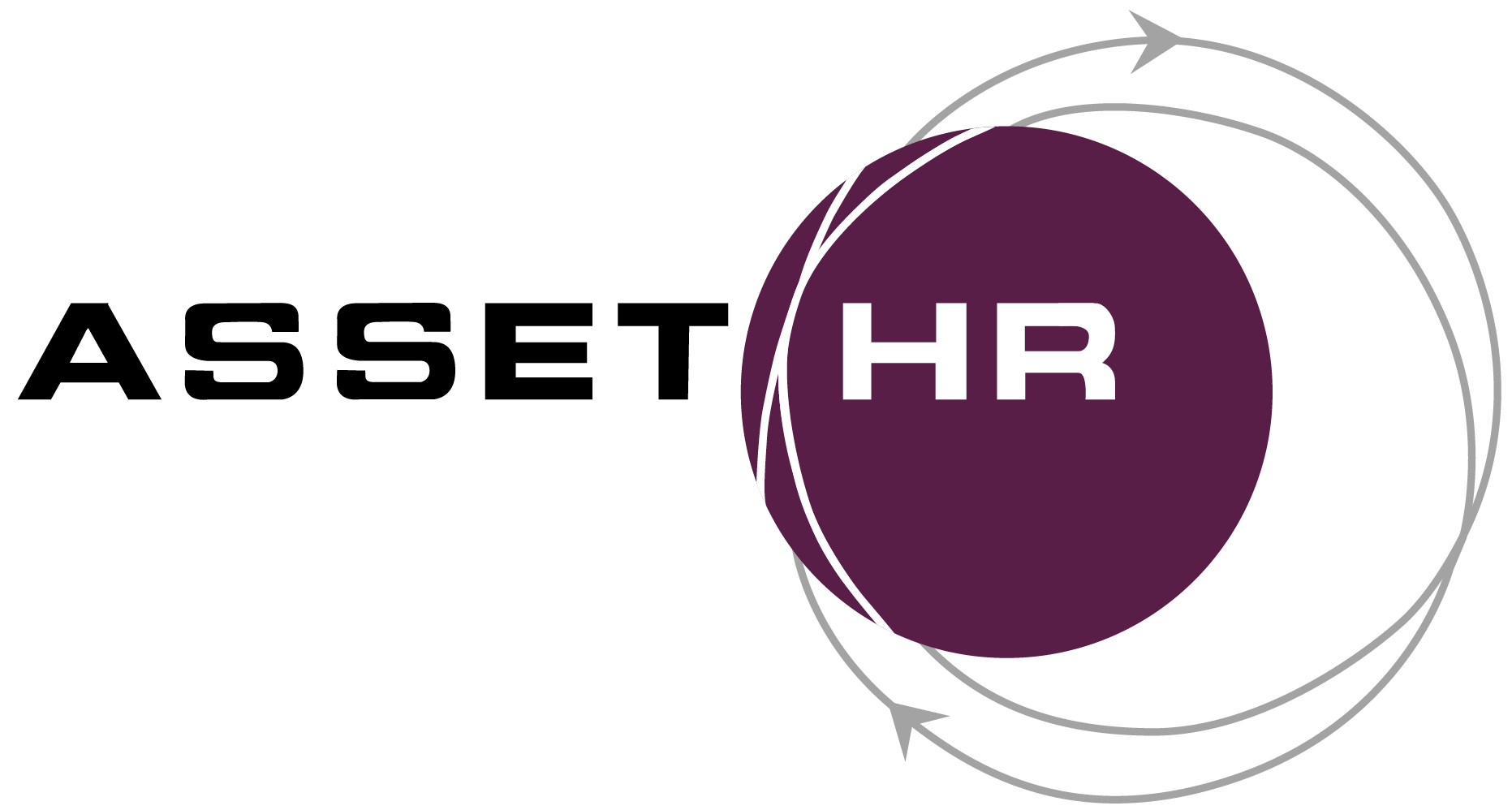The Leadership Pipeline: Giving Leaders a Reason to Stay with Your Company for the Long Run

Developing a strong leadership pipeline is one of the best ways to retain top talent and ensure the continued growth of your organization. Yet it’s common for companies to have a blind spot when it comes to the internal development of future leaders.
While it may seem simpler to seek outside hires who already have the necessary experience to lead your company, building your own leaders from within will almost always prove more fruitful for everyone involved — if you’re doing it right.
Of course, “doing it right” is the tricky part, but it’s far from impossible. Developing an effective leadership pipeline just takes a concerted effort and the measured application of a few useful techniques.
What Is a Leadership Pipeline?
A leadership pipeline is an organization’s specific system of identifying talented and committed employees and providing them with the necessary tools so they can develop and move up the company ladder. Leadership pipelines should be clear, consistent, visible, and perhaps most importantly, simple.
Developing a strong leadership pipeline can help improve an organization’s efficiency — not only by helping employees become more skilled and knowledgeable but also by increasing employee engagement and reducing turnover.
When executed properly, the leadership pipeline system can prove beneficial to the company as well as to the employees. The organization gets a strong supply of well-developed leaders, and the employees get to grow and advance instead of stagnating.
The Key Aspects of a Leadership Pipeline
In order to develop a system that truly allows your employees to grow into organizational leaders, you will need to focus on these three key aspects.
Executive Coaching
Executive coaching is a talent development process that enlists the help of an externally hired coach. The coach works individually with employees to help them develop leadership skills and move their way up the leadership pipeline.
Executive coaches work with team members on all levels, including senior management, so they can learn to better identify their weaknesses as well as their strengths. With this knowledge, they can work their way toward achieving their personal goals.
Think of executive coaching as a kind of therapy for one’s professional life, but with a more goal-oriented approach.
A key element of this approach to leadership development is the individual attention it affords the team member. While other development concepts are much more one-size-fits-all by necessity, executive coaching is able to suit the needs of the individual far more effectively and provide some stellar results.
Professional Development
Professional development is a more straightforward approach than executive coaching. It involves providing members of an organization with an opportunity to continue learning and developing their knowledge and skills to better prepare them to move up the leadership pipeline.
While professional development obviously serves the very practical purpose of imparting knowledge to your workforce, there are other aspects that make it a crucial component of leadership development.
It affords a level of clarity to employees and sets specific goals for them so they can remain engaged and feel motivated to continue growing. Such motivation really helps with employee retention.
On top of management and leadership training, professional development can include technical skills training, teamwork training, and the opportunity to earn necessary certifications that can help individuals continue to progress in their careers.
Clear and Consistent Communication
The initial instinct for leaders of any organization trying to develop a strong leadership pipeline can sometimes be to remain quiet about it in order to avoid internal conflict. However, the truth is that a lack of transparency can cause its own form of conflict that may be even more detrimental to organizational success.
Employees require clarity about their development and their opportunities for advancement. Otherwise, they will eventually become disengaged, lose motivation, and possibly even seek employment elsewhere.
Nobody wants to stay committed to an organization that can’t be forthright with them about where their career stands. Remain transparent about your leadership pipeline and do so with clear and consistent communication.
Relevant Movement can help you develop a strong leadership pipeline by working with you to create an executive coaching program that builds leaders from within your organization. Reach out today to learn more.

